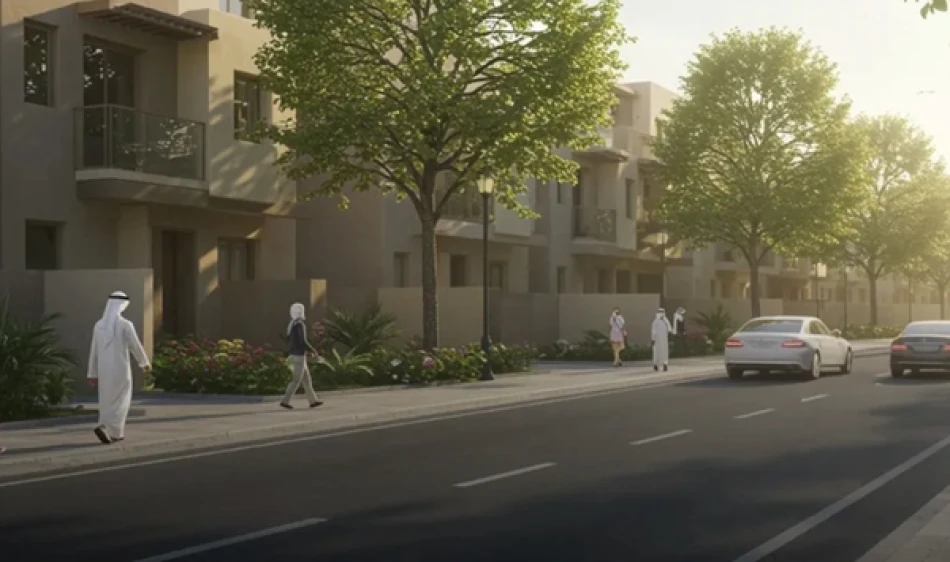
Dubai Unveils Updated Building Regulations for Private Residential Construction
Abu Dhabi Relaxes Villa Building Rules to Strengthen Extended Family Bonds
Abu Dhabi's Department of Municipalities and Transport has introduced sweeping changes to private housing construction regulations, designed to encourage multi-generational living and strengthen family ties. The reforms allow larger rooftop structures, reduce setback requirements, and enable villa attachments—marking a significant shift toward accommodating traditional extended family arrangements within modern urban planning frameworks.
Key Regulatory Changes Transform Villa Construction
The new regulations introduce several practical modifications that expand housing flexibility. Homeowners can now build enclosed rooftop sessions using lightweight materials without counting toward total building ratios, while front setbacks for villas have been reduced to just 1.5 meters—previously a more restrictive requirement that limited design options.
Perhaps most significantly, the rules now permit first-floor or basement additions to guest annexes, provided they don't directly adjoin property boundaries. Shading structures are exempt from total building coverage calculations, and rooftop floors can utilize 100% of available space with only a 1.5-meter street setback requirement.
Villa Adjacency Rules Relaxed
In a notable departure from traditional zoning practices, adjacent villa owners can now construct shared walls between properties with mutual consent—a change that could reshape neighborhood development patterns and reduce construction costs.
Multi-Generational Housing Takes Center Stage
The reforms specifically target extended family living arrangements through three key initiatives. Families can now construct additional villas within their plots specifically for elderly parent care, create dedicated family wings within existing structures, and develop multiple residential units for complex family situations requiring flexible housing solutions.
This approach mirrors successful policies in Singapore, where multi-generational proximity grants and housing schemes have maintained strong family structures amid rapid urbanization. Unlike Singapore's financial incentive model, Abu Dhabi's strategy focuses on regulatory flexibility rather than direct subsidies.
Cultural Preservation Meets Urban Planning
Abdullah Mohammed Al Balushi, Acting Executive Director of Planning and Infrastructure at the Department of Municipalities and Transport, emphasized the cultural dimension of these changes. The modifications align with the UAE's "Year of Community" objectives, which prioritize social cohesion and traditional values within modern development frameworks.
This represents a broader trend across Gulf states, where rapid modernization has sometimes weakened traditional extended family structures. The UAE's approach contrasts with purely market-driven housing policies seen in other global cities, instead actively engineering social outcomes through urban planning.
Market and Development Implications
For property developers and investors, these changes signal expanded revenue opportunities within existing land parcels. The ability to build additional structures and maximize rooftop space effectively increases developable area without requiring larger plots—particularly valuable given Abu Dhabi's premium land values.
Construction companies specializing in villa modifications and extensions are likely to see increased demand, while the reduced setback requirements could influence architectural trends toward more efficient space utilization.
Regional Context and Broader Strategy
These housing reforms complement Abu Dhabi's broader quality of life initiatives, which include expanded public services, cultural programming, and infrastructure development. By addressing housing flexibility, the emirate positions itself as a destination where traditional family values can coexist with modern urban living—a competitive advantage in attracting long-term residents over other regional business hubs.
The timing aligns with the UAE's post-pandemic focus on resident retention and social stability, recognizing that housing policies significantly influence demographic trends and community cohesion in rapidly growing cities.
Most Viewed News

 Layla Al Mansoori
Layla Al Mansoori






